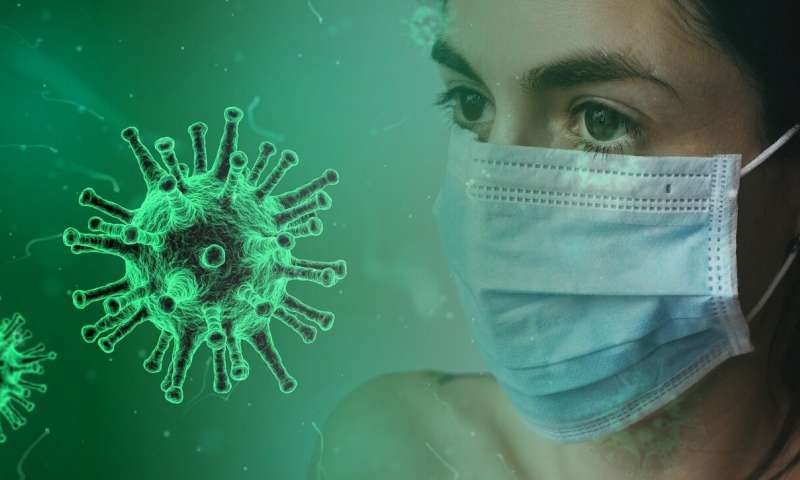Just because you’ve had your COVID-19 vaccination doesn’t mean you can stop taking steps to protect yourself and others, experts say.
So far, only about 16% of Americans have been fully vaccinated, and on March 24, the U.S. Centers for Disease Control and Prevention reported a 6.7% increase in the seven-day average number of daily cases, compared to the prior week.
About 60,000 people are testing positive for the virus each day in the United States, and there are increasing numbers of COVID-19 hospitalizations, research shows.
A troubling trend is a growing number of younger adults with serious COVID-19 complications, according to Dr. Fahad Khalid, chief of hospital medicine at Penn State Health Milton S. Hershey Medical Center in Hershey, Penn.
“Over the past two weeks, we’ve seen an increase in people ages 40 through 60 with respiratory failure,” he said in a Penn State news release. “This is an age group that perhaps isn’t wearing masks or social distancing because the likelihood of developing severe disease is not as high, but it is difficult to tell who will get very sick and who will not.”
Dr. Emily Link, an internal medicine doctor at Penn State Health Cocoa Outpatient Center, suspects she knows what’s fueling the upticks.
“I think people are tired of isolating, and maybe they are hearing good news about vaccination and they’re starting to loosen up on guidelines before they should,” she said.
But until a larger percentage of the population gets vaccinated, it’s important to keep wearing masks and practice social distancing in public, Link said.
“Breaking the chain of transmission is the best tool for preventing further variants from emerging,” she explained. “If you wait to get vaccinated, you may become an incubator for the virus to replicate and mutate.”
Link said people who take a “wait-and-see approach” to the vaccine are taking a chance with their life, since even people without underlying conditions can develop critical complications from COVID-19 and die.
“People may say enough isn’t known about the long-term safety of the vaccine, but we also have no idea about the long-term effects of a COVID-19 infection,” she said. “Right now, what we do know is that the safety data surrounding the vaccine is strong, and the risk-benefit balance really favors the vaccine.”
Link expressed optimism about where the United States is now compared to a year ago.
“If we get vaccinated, wear masks, stay six-feet apart and socialize with our friends outdoors, we’re in a better position to have these numbers be much lower this summer,” she said.


